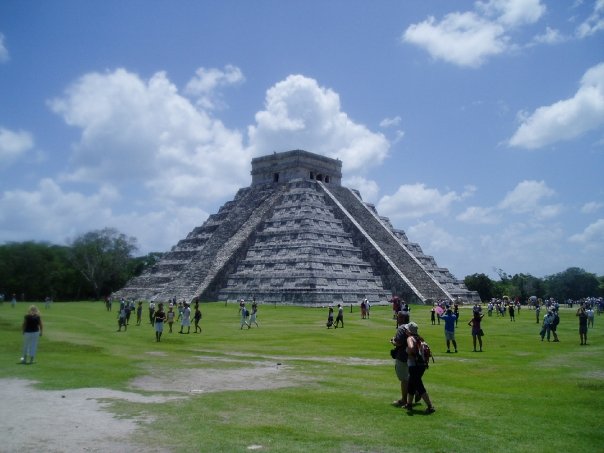In Dungeon and Dragons, Pathfinder, and many other roleplaying games, divine magic is as common as arcane magic. It comes from a different source, works somewhat differently, and may even have different restrictions. For example, your spells may simply stop working if you make your deity angry at you. If you no longer meet the requirements set by the gods (you change alignments, do something against the tenets of your religion, or the like) you may even lose all your abilities until and unless you atone for your transgressions.
What does this mean for your world? Well, divine magic pretty well means that there is absolute proof of the existence of gods, so atheism is a pretty difficult position to maintain, but so is the idea that a particular religion is the only one that’s true. After all, if the Zeus and Ra grant spells, it’s impossible to say that only Zoroaster is the one true god. These means false gods, cults, and heresies are easy to put down, as the adherents won’t be able to prove their claims like the true religions can. If the Priests of Quetzalcoatl can heal the sick, raise the dead, and make it rain whenever they want, I’m not worshiping the gods whose Priests can’t do that.

My religion has angels you can talk to. Any questions?
Holy wars would not longer be fought in the name of true faith, because only true faiths would get the spells. Instead, I submit that they would be fought for supremacy. They know the other gods are real (because, again, it makes no sense to deny them), but adherents may simply wish to wipe out their worship for political or other reasons.
In fantasy, there is nothing to stop the gods from interacting in your setting more directly. The Greek, Roman, Norse, and Hindu gods all seemingly came down to play with mortals all the time. This is a staple for many settings. This would mean that if one god became angry with another, their followers may suddenly be in for a fight. This was actually part of the Iliad, where some of the gods favored Troy and some favored the Greeks.
This also means that people can interact with the servants of gods. You may be able to summon angels or demons, or they may walk the planet. There might be ghosts or specters you can talk to. Saints could therefore answer, definitively, theological questions like what omnipotence really means and what happens when we die.
The gifts of gods may be the only way magic works on your world. Only by getting powers granted by powerful beings can you actually cast magic. This can lead to death cults wielding necromancy fighting against the god of the sun and the divine magic of light. Signing a pact with a devil may be a path to power, but remember angels might be able to do the same thing for their champions. In this sort of world, even the wizards could be priests or in league with darker powers.
On my fantasy world, I wanted there to be conflict between religions, with no good reason to believe any particular one. The gods do not interact with people, and each of the religions have a reason why. For the dominant religion of Pantheism, it’s the Natural Law, ordered by Sirek after the Great Wars to prevent the gods from interfering in the world and destroying it. For Krinism, the Lord God Krin only works through his chosen priests, who speak on His behalf. There are atheists, theocracies, and the potential for crusades. All magic is learned, not granted by gods, so I don’t have to worry about which one (if any) are actually true.
Next week, I’ll finish up this series by talking about how magic changes the humanities. Thanks for reading. I’ll see you next Sunday!

